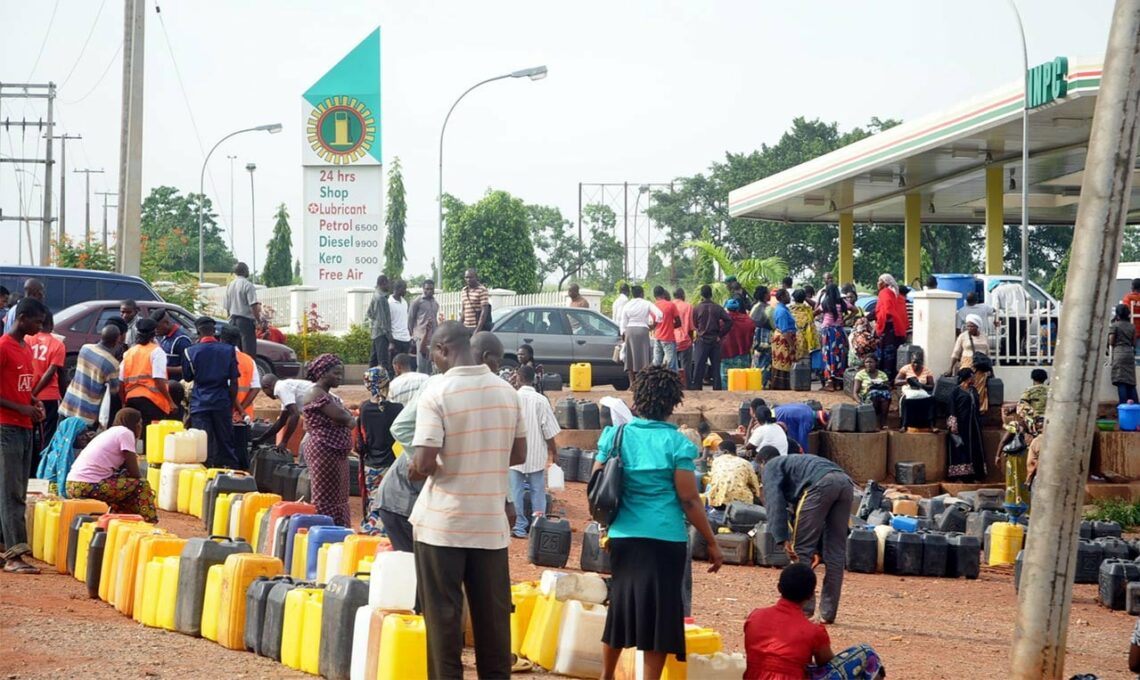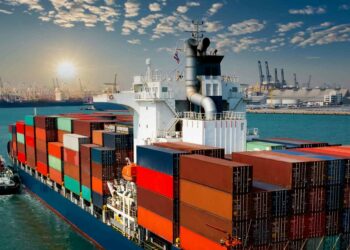Nigeria’s current fuel crisis is a glaring symptom of deeper structural issues plaguing the nation’s energy sector. As petrol prices skyrocket to over N1,000 per liter in some areas, and fuel scarcity brings daily life to a standstill, it is clear that the country is teetering on the edge of an energy collapse. The Nigerian National Petroleum Company Limited’s (NNPCL) vague explanations of “distribution challenges” fail to address the real problems: a monopolised importation system, flawed subsidy policies, and systemic corruption.
The situation, which has seen long queues at filling stations and black market prices soaring, has paralysed commercial and social activities across the nation. Major cities, including Abuja, Lagos, and Port Harcourt, have been particularly hard hit, with motorists facing hours-long waits and exorbitant costs for fuel. The disruption has had a cascading effect on transportation costs, inflating prices and further burdening already struggling citizens.
The crisis is exacerbated by the NNPCL’s role as the main importer of petrol, a position that has stifled competition and transparency in the market. The company’s inability to meet demand, coupled with government policies that keep fuel prices artificially low, has created a perfect storm of scarcity and inflated costs. Despite President Bola Tinubu’s claims of subsidy removal, the reality on the ground suggests otherwise. The ongoing subsidy regime, which allows only the NNPCL to import petrol at below-market prices, has crippled the sector, driving private marketers out of business and perpetuating a cycle of scarcity and black-market profiteering.
The NNPCL’s denials of debt and non-remittance of revenues to the Federation Account ring hollow in the face of the ongoing crisis. The company’s evasive responses only deepen the sense of mistrust and frustration among Nigerians, who are left to bear the brunt of a broken system. The government’s failure to address the root causes of the crisis—corruption, poor infrastructure, and a lack of transparency—signals a troubling disregard for the welfare of its citizens.
Nigeria stands at a crossroads. The fuel crisis is not just a logistical issue; it is a reflection of the nation’s broader economic and political dysfunction. Without urgent and decisive action to reform the energy sector, the country risks sliding further into chaos. The government must move beyond empty promises and take concrete steps to dismantle the monopolistic structures that have brought Nigeria to this point. Only through genuine reform can Nigeria hope to stabilise its energy supply, restore confidence in its institutions, and provide relief to its beleaguered population.





